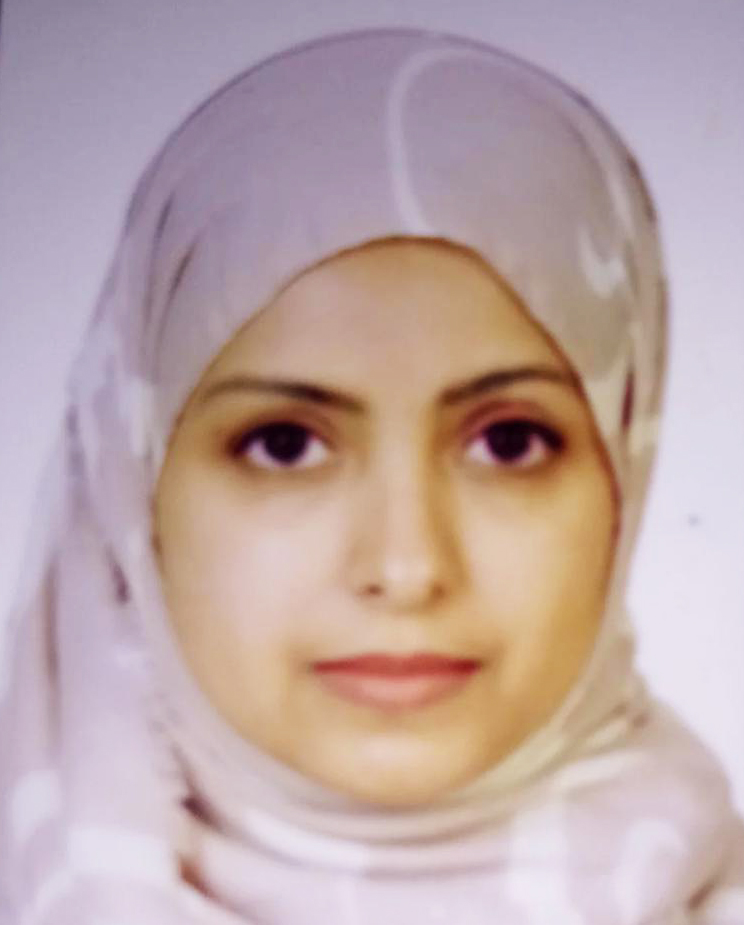News & press releases
Women and STEM: LEGaTO researcher talks about her passion for statistics

Amani Al-Mekhlafi is a PhD student at the Helmholtz Centre for Infection Research (HZI). She works on the LEGaTO healthcare use case on biomarker discovery. In this interview, Al-Mekhlafi explains how she became interested in statistics and the impact of working in an international team.
You started your academic career in the field of dentistry. How did you become interested in machine learning and statistics?
When I decided to do a master’s I found out there was no master’s degree in dentistry in Yemen, so I registered in the Public Health Program. From the very beginning, I developed a great passion for statistics. I intended to do my thesis on that field but unfortunately, there were no professors with the right background to supervise my work. From then on, it was my dream to go out of Yemen and do a PhD in Biostatistics, and eventually I was very lucky to obtain my current PhD position in Germany.
Could you tell us a bit about your research?
My research cores on biomarker candidates and pilot studies. The main goal of the medical researchers is to find marker(s) able to diagnose diseases perfectly. Currently, the technology revolution allows studying thousands of markers. However, sometimes there are not enough resources and time to carry out major studies, so researchers usually undertake studies with a limited number of cases. Such studies cannot validate a model, but are capable of evaluating if there are biomarkers exceeding the pure random effect. Therefore, the next step for researchers would be to increase the number of cases and study less number of biomarkers.
What are you working on in the LEGaTO project and how has this experience been so far?
I am working on the LEGaTO healthcare case study developed in the Helmholtz Center of Infection Research. It is a completely new experience for me to work in an international and multidisciplinary team.
My main goal in the LEGaTO project is to reduce computing time in the healthcare case study. In order to evaluate thousands of biomarker candidates, millions of simulations are needed to measure the p-values required in the computations, which cannot be done using normal computers due to the time and energy consumption. Working in cooperation with the LEGaTO partner Maxeler and using their DFEs, the computing time has been reduced dramatically and the application has significantly improved in terms of its performance.
What message would you give to young girls who are interested in pursuing a career in STEM?
If they are talented and have a passion for working on this field, I would say just go ahead!

